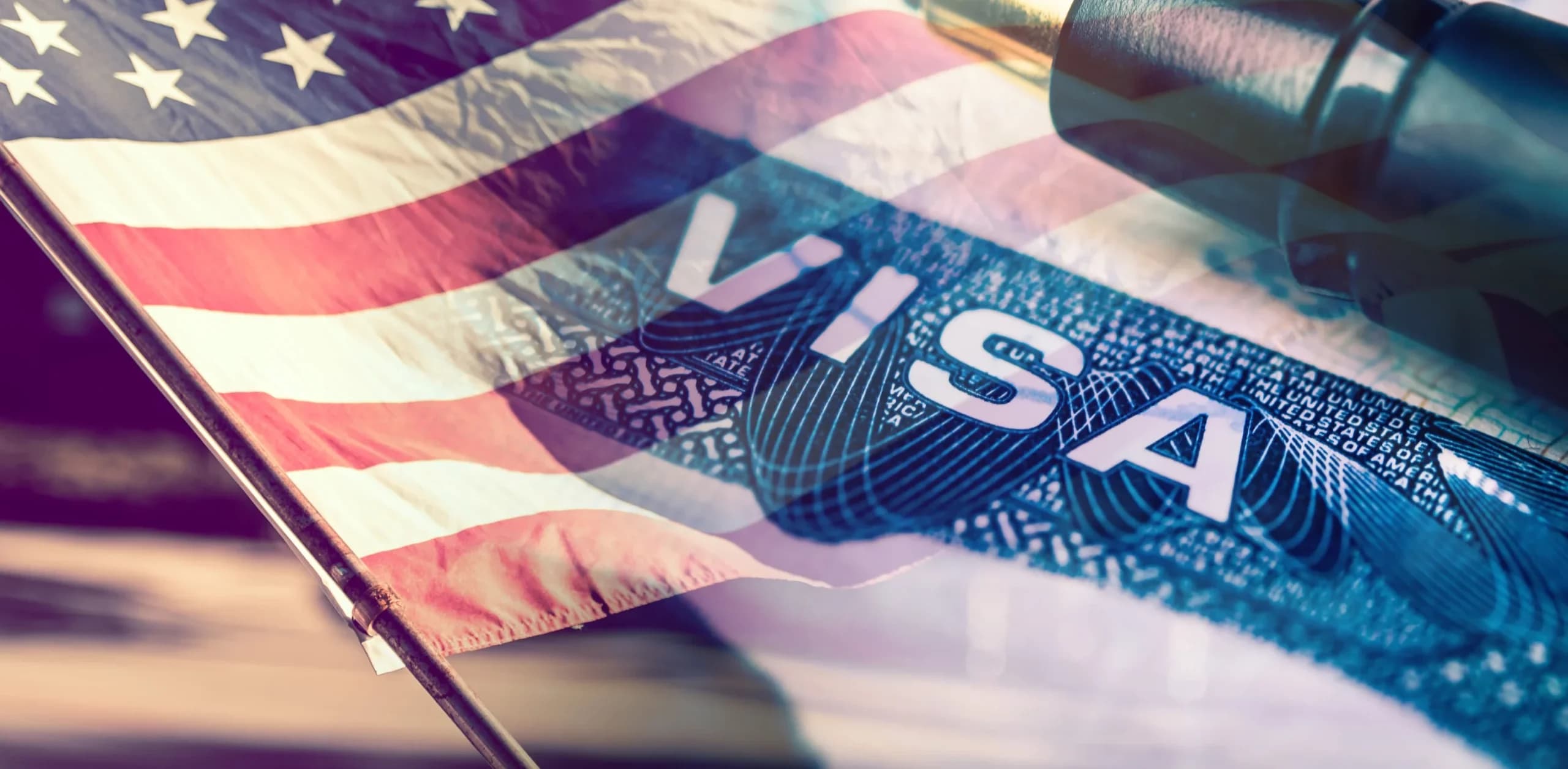
F-1 Visa, Academic Students
The F-1 visa permits a student to study in the United States for a certain amount of time.
USA Visa TypesImportant Travel Document Information – Please Read
Visitors visas and the Visa Waiver Program do not allow student travel. The US requires a student visa (F or M). Foreign citizens coming on a visiting (B) visa or under the Visa Waiver Program (VWP) may only study for recreational purposes (non-credit).
F-1 Visa Eligibility
- You must be enrolled in an “academic,” “language-training,” or “vocational” educational program.
- Immigration and Customs Enforcement Student and Exchange Visitors Program must approve your institution.
- You must be a full-time student at the college or university.
- You must be fluent in English or enrolled in English language studies to qualify.
- You must have adequate money to sustain yourself for the duration of the intended course of study.
- You must have a location abroad that you do not intend to abandon.
For more information on USA Visas please click below:
USA Visa TypesF-1 Student Visa
The F-1 Visa (Academic Student) permits you to study full-time at an approved college, university, seminary, conservatory, academic high school, primary school, or other academic institution or participate in a language training program in the United States. You must be enrolled in a program or course of study that leads to a degree, diploma, or certificate, and your institution must be approved to admit foreign students by the United States government.
F1 Visa Requirements
Before you go in for your interview to get your visa, you need to collect and prepare the following documents:
You will need a passport that is valid for travel to the United States. The validity of your passport must extend at least six months beyond the length of time you want t
Nonimmigrant Visa Application, Form DS-160 confirmation page
During the process of completing the online Form DS-160, you will be asked to provide a picture of yourself.
A receipt for the application fee payment
After you have sent in all of the necessary papers, UTRGV will give you a Form I-20 that has been produced by SEVIS. The Form I-20 will be signed by both you and your DSO
The receipt for the SEVIS I-901 charge
F1 Visa Processing Time
Student visas (F and M) may be obtained by first-time students up to one hundred twenty days before the beginning of their first academic session in the United States. The amount of time you have to wait in order to schedule an appointment for your visa might vary greatly from country to country.
Depending on the circumstances, you may have it in three days or you could have it in three months. The problem caused by COVID-19 makes waiting times even more complicated.
F1 Visa Criteria
During an F1 visa interview, applicants must meet and demonstrate various demanding criteria, including the following:
- Residency in another country
- Sponsoring Organization
- You may only study at the academic institution through which your F1 visa was granted while on the visa.
- All applicants must show that they are deeply connected to their original nation.
Interview for F1 Visa
To determine whether you are eligible for an F1 student visa, you will need to attend an F1 visa interview. You should bring all of the relevant paperwork and receipts to the interview, and you should be prepared to answer personal questions about your decision to study in the United States.
An interview for an F1 academic student visa is a brief meeting between you and a visa officer at a U.S. embassy or consulate in your home country. The purpose of the interview is to determine whether you meet the requirements for the visa.
The visa officer will ask you a series of questions about your academic background, your reasons for wanting to study in the U.S., your plans after you graduate, and your financial situation. You should be prepared to answer these questions in a clear and concise manner. The visa officer may also ask you some personal questions, such as your family background and your political views.
For detailed information on specific parts of the USA visa process, you can refer to the links below to find the answer to your query. If you are unable to find any particular information, please contact us via email.
Useful Resources
Other USA Visa Types
A Visa is required for any foreign national wishing to enter the United States. It could be a non-immigrant visa for a short period of time or an immigrant visa for a long period of time. To enter the United States, Indians must get a non-immigrant visa.
F1 Visa Interview Questions
- Why did you decide to study in the United States rather than work in your own country?
- Why did you pick this school and why do you think its the greatest fit for you?
- What are your previous exam scores (GRE, GMAT, SAT, TOEFL, IELTS), GPA, and general academic performance?
- How will you pay for your education from start to finish, including tuition, accommodation and board, transportation, and all other costs?
- Will you return home after graduation or will you stay in the United States?
These questions may be asked in a variety of ways by your consular officer, but they are all asked for the same reason: to ensure that you qualify for the F1 visa, as indicated above. If you answer these questions satisfactorily, the consular official will approve your application.
